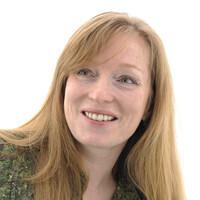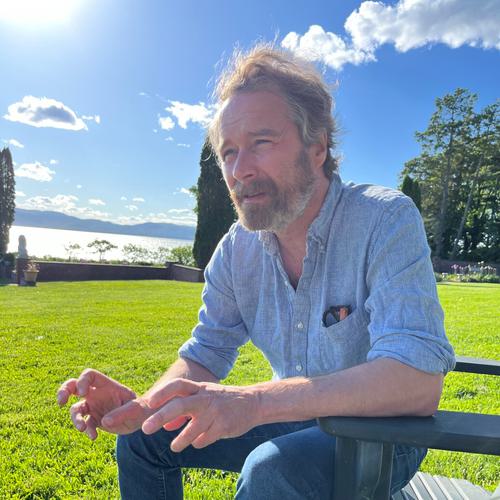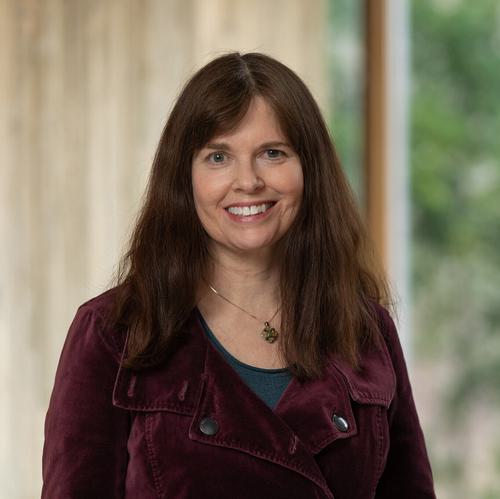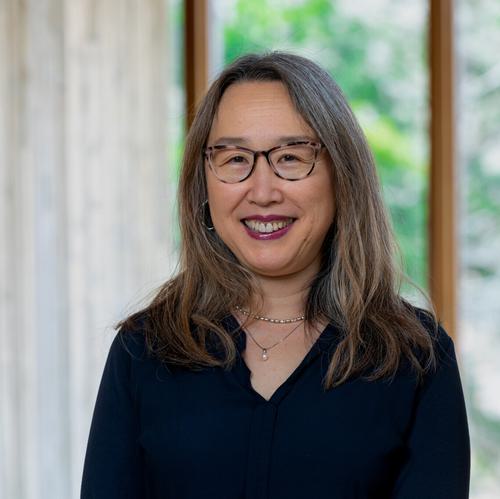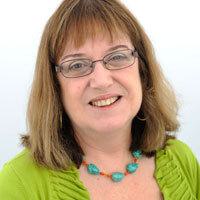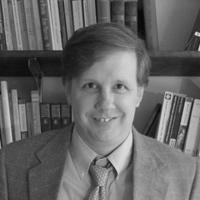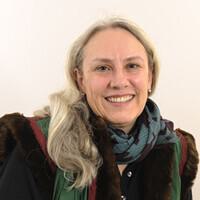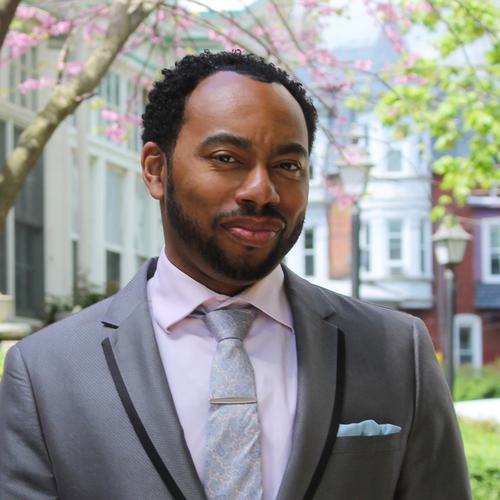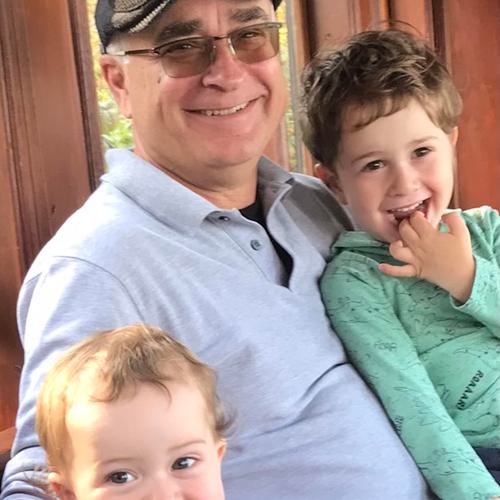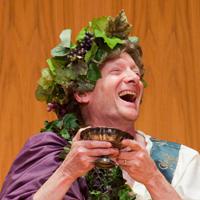English & Creative Writing
Academic Department Introduction
We believe literary study to be creative and critical in equal measure. Our courses range from introductory writing to in-depth studies of influential writers, genres, historical periods, theories, and themes in English, American, and world literatures in English. Critical courses span a broad range of topics and approaches, from Shakespeare to the Harlem Renaissance to speculative fiction. Numerous courses in creative writing include poetry, creative nonfiction, writing for children, and writing for film, television, and video games. Our creative writing and critical courses are not separated from each other but closely intertwined and mutually supportive. In all courses, we foster and develop a deep, complex, passionate response to literary language.
Learning goals
- Acquire a knowledge of English literary history, including canonical and contemporary works from diverse traditions.
- Recognize and demonstrate an ability to work with critical methodologies employed in the discipline of literary studies.
- Read literature with deep attention and responsiveness to content, language, and form.
Programs of study
English major and minor
Students form and develop the skills of analysis, interpretation, and argument through the intensive study of writers and their works in literary, cultural, and historical contexts.
English & Creative writing major
In addition to acquiring the skills of analysis, interpretation, and argument, students develop a distinctive literary voice and study the history and cross-cultural diversity of the genres, traditions, and styles in which they are working.
Course highlights
Literature, Racism, and the Spirit: Introspection and the Literary Life Worth Living
ENG118
-
Gotham: New York City in Literature, Art, and Film
ENG258
This course examines how that icon of modernity, New York City, has been variously depicted in literature and the arts, from its evolution into the nation’s cultural and financial capital in the nineteenth century to the present. We’ll consider how urban reformers, boosters, long-time residents, immigrants, tourists, newspaper reporters, journalists, poets, novelists, artists, and filmmakers have shaped new and often highly contested meanings of this dynamic and diverse city. We'll also consider how each vision of the city returns us to crucial questions of perspective, identity, and ownership, and helps us to understand the complexity of metropolitan experience. Authors may include Walt Whitman, Edith Wharton, Anzia Yezierska, Paule Marshall, Frank O’Hara, and Colson Whitehead. We’ll look at the art of John Sloan, Georgia O’Keeffe, Helen Levitt, and Berenice Abbott, and others. Filmmakers may include Vincente Minnelli, Martin Scorsese, and Spike Lee. -
Poetry of Louise Glück
ENG352
An advanced seminar in the poetry of Louise Glück, winner of the 2020 Nobel Prize in Literature. We will read Glück's entire oeuvre, from Firstborn (1968), written partly in late adolescence and expressing the passions and fears of a young person, to Marigold and Rose (2022), written for her infant grandchildren. Glück's subjects were the phases and cycles of ongoing life. She explores the experiences of being a child, wanting a child, having a child, having grandchildren; of being part of relationships and communities--a marriage, a village, friendships, artistic collaboration, a college faculty--and of leaving behind, or being excluded from, those structures; of finding passionate comfort in art, music, poetry, TV, gardening, cooking; of facing illness and disability in a changing body; of being a woman in a patriarchal culture and in an art that favors men. These subjects and others were embodied in changing forms that challenge us by the clarity and complexity of their emotional logic and the sheer force of their beauty.
Places and spaces
The Department of English & Creative Writing has a common room with a terrace; both are used for quiet study, socializing, and department events.

Research highlights
-

In her most recent book, The Natural Laws of Plot (Penn Press, 2022), Professor Yoon Sun Lee argues that plot cannot be considered merely as an abstract shape or form. In realist novels, plot is interested not only in human aims but in non-human forces, laws, and structures that operate at various scales independently of any character’s intention or desire. Emerging together with natural philosophy, the plots of realist novels helped envision a unified, objective world within and against which any action unfolds.
-

Professor Cord Whitaker’s research asks how the Middle Ages matter to the modern study of race and racism. His book, Black Metaphors (Penn Press, 2019), uses rhetoric, theology, and literature to establish the variety of medieval treatments of color and difference. Black Metaphors illuminates the process by which one interpretation among many became established as the truth, and demonstrates how modern movements—from Black Lives Matter to the alt-right—are animated by the medieval origins of the black-white divide.
-

Limerence (Rebel Satori Press, 2023), a poetry collection by Professor Tavi González, probes the inextricable tension, pain, pleasure, and danger in relationships between men. González’s experiences of love, sexual desire, and romance are not sentimental, as they are often intertwined with questions of consent and violence. Poignant and searing, the poems ask readers to appreciate and reexamine the meaning of love, trust, and safety.
Opportunities
-
Internships
The Writing Program and the Department of English & Creative Writing jointly sponsor funded summer internships at Slate, W.W. Norton & Company, Maven Screen Media, Calligraph, and Speculum.
-
Special Collections
The College owns first and early editions of many novels and poetry collections, illuminated manuscripts, and 573 love letters between the Victorian poets Elizabeth Barrett Browning and Robert Browning, which students are invited to view.
Beyond Wellesley
Beyond Wellesley
Many of our alums work in publishing, journalism, media, education, and the tech industry. They hold positions as writers, editors, and teachers, among other professions. Recent employers include Hachette Book Group, Publicis Sapient, and City Year.
Recent Employers

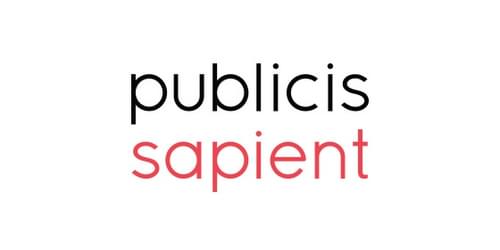
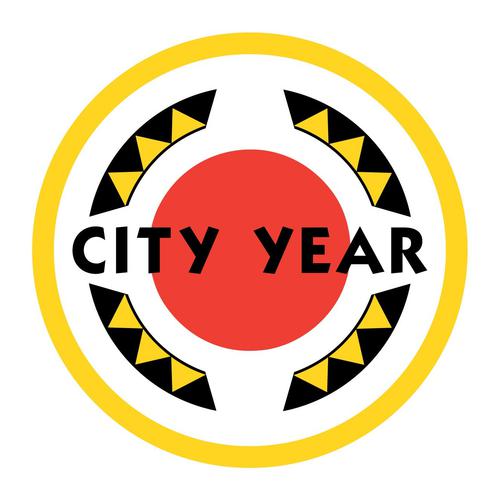



Department of English & Creative Writing
106 Central Street
Wellesley, MA 02481
